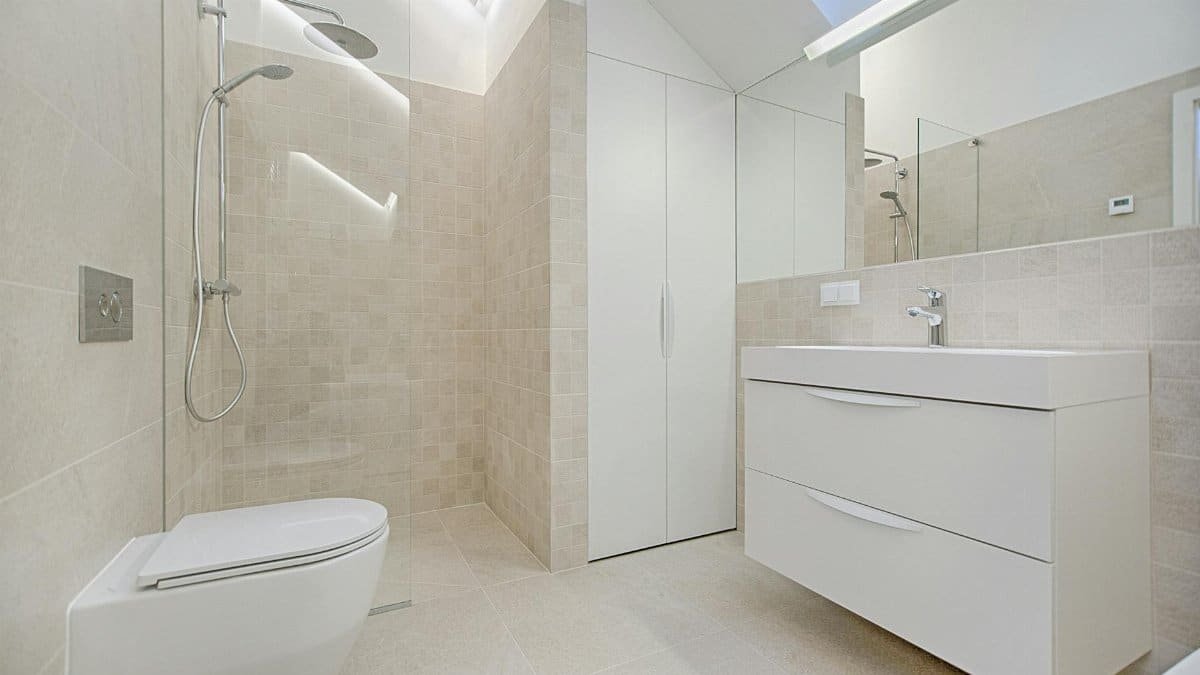Is Rhode Island harbor walks the unexpected remedy for anxiety that patients have been waiting for? In a groundbreaking move, a Providence clinic is prescribing scenic strolls along Narragansett Bay as a form of therapy. Anchor Medical Group has launched a pilot program guiding patients through coastal routes with mindfulness checkpoints, aiming to harness the calming power of “blue space.” Initial results are promising, and with academic research now in play, this innovative approach could redefine mental health treatment in the Ocean State.
A New Kind of Prescription

In early March 2025, Anchor Medical Group in Providence, Rhode Island, introduced an unconventional treatment for anxiety: walking routes along the harbors of Narragansett Bay. Unlike traditional prescriptions for medication or therapy sessions, these “scripts” direct patients to specific coastal paths, encouraging them to engage with their surroundings through designated mindfulness checkpoints. The idea is simple yet powerful—immerse patients in the soothing sights and sounds of water to reduce stress and promote mental well-being.
Harnessing Blue Space for Healing

The concept behind Rhode Island harbor walks as therapy taps into the growing body of research on “blue space”—environments near water that are believed to have therapeutic effects. Studies suggest that proximity to oceans, lakes, or bays can lower stress hormones and improve mood. Anchor Medical Group’s initiative builds on this, structuring walks to maximize exposure to the calming vistas of Narragansett Bay. Patients are prompted to pause at certain spots, focusing on the rhythm of waves or the expanse of the horizon as a meditative exercise.
Promising Results from the Pilot

The pilot program, involving 60 patients, has already shown encouraging outcomes. Over a six-week period, participants reported significant reductions in anxiety, as measured by the GAD-7 scale, a widely used clinical tool for assessing anxiety severity. On average, scores dropped by 4 points—a notable improvement that suggests these harbor walks could be a viable complement to traditional treatments. While the sample size is small, the data offers a compelling glimpse into the potential of nature-based interventions.
Scientific Backing on the Horizon

To further validate these findings, Brown University in Providence has stepped in to study the physiological impacts of consistent coastal exposure. Researchers will monitor inflammatory biomarkers in participants to determine whether walking along Narragansett Bay can produce measurable health benefits beyond subjective anxiety relief. This collaboration aims to provide hard data on how blue spaces affect the body, potentially paving the way for broader adoption of such programs in medical settings across the U.S.
Why Rhode Island?

Rhode Island’s unique geography makes it an ideal testing ground for this initiative. With miles of accessible coastline along Narragansett Bay, the state offers a natural laboratory for studying the effects of harbor walks on mental health. The proximity of urban centers like Providence to scenic waterfronts means patients can integrate these therapeutic strolls into their daily routines without needing to travel far. This accessibility could be a key factor in scaling the program if results continue to impress.
Broader Implications for Mental Health Care

The success of Rhode Island harbor walks in this pilot raises intriguing questions about the future of mental health treatment. As anxiety rates climb nationwide—impacting millions of Americans in 2025—healthcare providers are under pressure to find innovative, cost-effective solutions. Prescribing walks along coastal paths could offer a low-barrier, low-cost alternative or supplement to conventional therapies. If Brown University’s research confirms physiological benefits, similar programs might emerge in other coastal states.
Challenges and Next Steps

While the early results are promising, challenges remain. Not all patients may have the time, mobility, or proximity to participate in regular harbor walks. Weather conditions, especially during Rhode Island’s harsh winters, could also limit the program’s year-round feasibility. Anchor Medical Group and Brown University will need to address these barriers as they refine the initiative. For now, the focus is on gathering more data to build a stronger case for integrating blue-space therapy into mainstream care.
Supporting Research and Resources

The idea of blue space as a therapeutic tool isn’t new, and existing studies provide a foundation for this pilot. Research from institutions like the University of Exeter has shown that time spent near water can reduce stress and improve well-being. For more on the science of blue spaces, see University of Exeter Blue Spaces Research. Additionally, the National Institute of Mental Health offers insights into anxiety disorders and innovative treatments at NIMH Anxiety Disorders.
